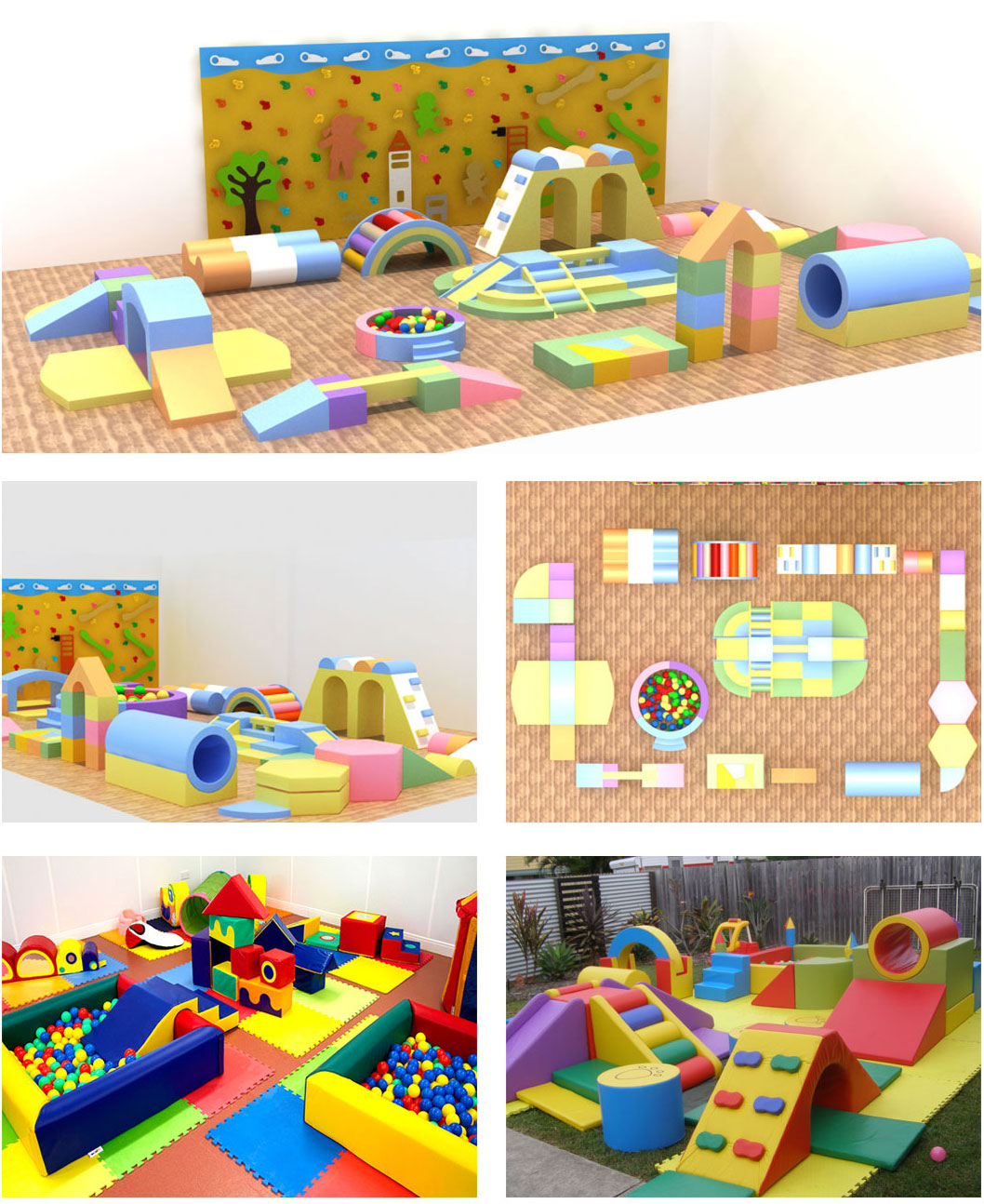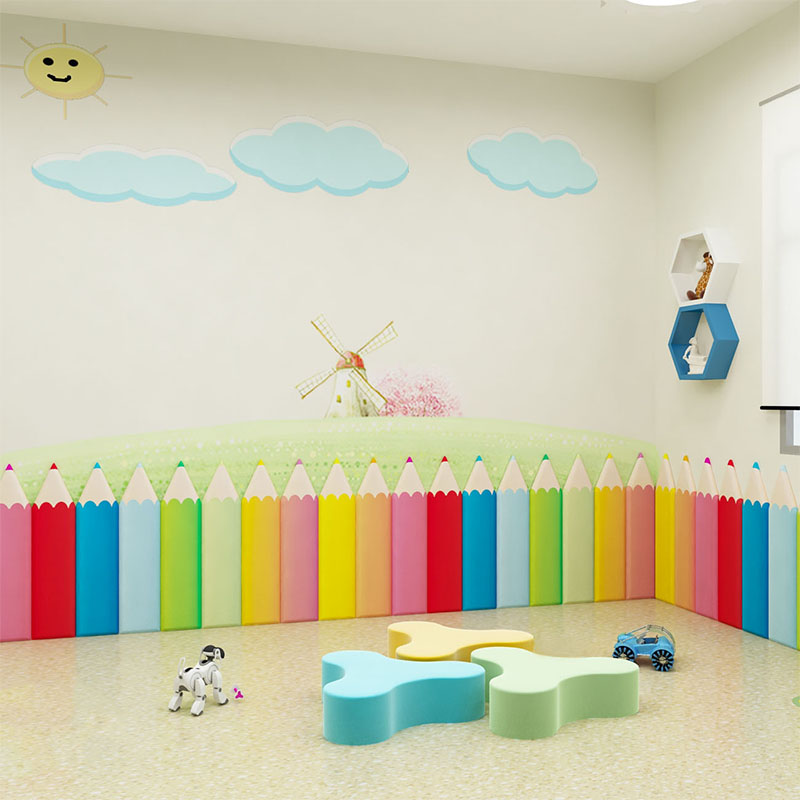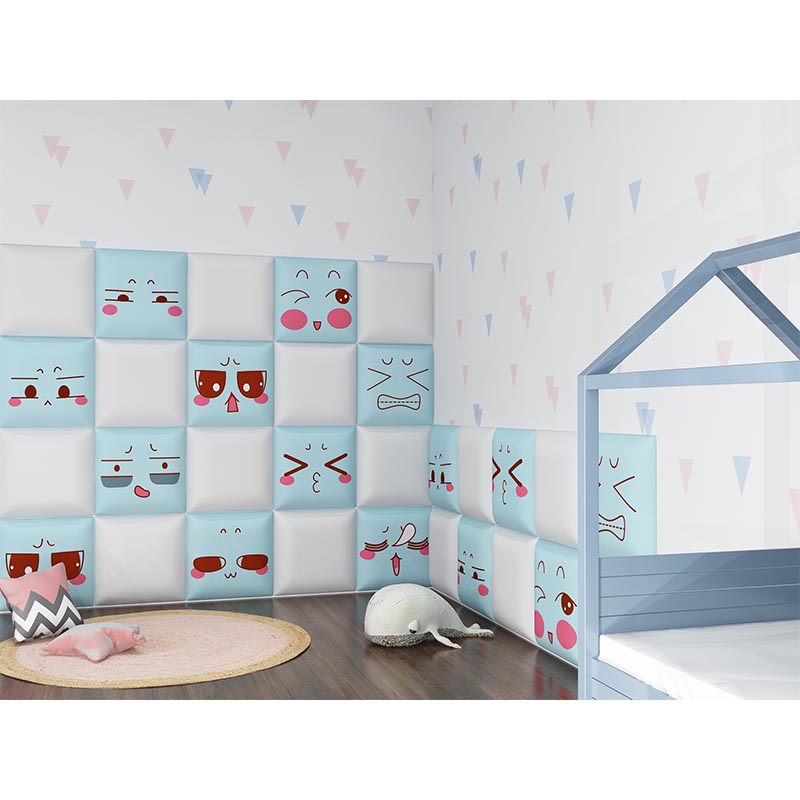Daycare Soft Play
We all know children need to play, and we all know children need their parents. According to research, children need to play with their parents in order to gain certain social skills that will benefit them in the future.
Playing specifically with a parent — as opposed to siblings or with friends on the playground — is crucial to helping build a child’s confidence. Parents can offer a child more mature, varied types of play, building competence that can then be carried over to other social situations, that's why now more and more playground outdoor and indoor playground area are opened.
We can see kids playground everywhere, fitness equipment and apring seesaw in garden, homeuse slide and plastic slide at home.
Parent-child pretend and physical play, according to Psychology Today, is linked with the child’s competence, gross motor skills, peer group leadership and cognitive development. But what do parents bring to play time that a sibling can't?
You might think that just having siblings play together is enough, but research says it’s not. While sibling playtime has its benefits, there’s something truly unique about parent-child play.
The different, more mature kind of play interaction offered by a parent has been shown to contribute more to a child’s ability to give structure to early social interactions than play with siblings.
Another interesting difference between sibling and parent play is that infants and preschoolers tend to use behaviors that require a partner while playing parents, but aren’t as likely to do so when playing with siblings. This points to the fact that kids just plain want to interact with their parent more.
“Playing with other children may be fun,” says Psychology Today, “But nothing beats the joy and satisfaction of getting one’s parent to play with you.”
Daycare soft play is a good way to play with your kids, after a long day at the office, it can be hard to shift back into Mommy or Daddy mode — and even harder to get into the “play” mindset. But research shows that if you can carve out some special one-on-one time playtime with your child, you’ll be happy you did.
We suggests that parents relearn the ability to play.
Focus attention on the child. Turn off the electronics. Ignore the dirty dishes or briefcase full of work. "It doesn't matter how busy you are, don't sacrifice playtime with your child," she advised. "When a child gets full, undivided attention, he learns he is valued and he will grow up valuing others."
Use the child's language. For example, a baby's language is sounds, gestures and expressions. Pay attention to what the baby is telling you by crying, or smiling, or turning away. Learn to understand that language and meet the baby's needs. When a parent reacts to a baby's language, the baby feels safe and loved.







